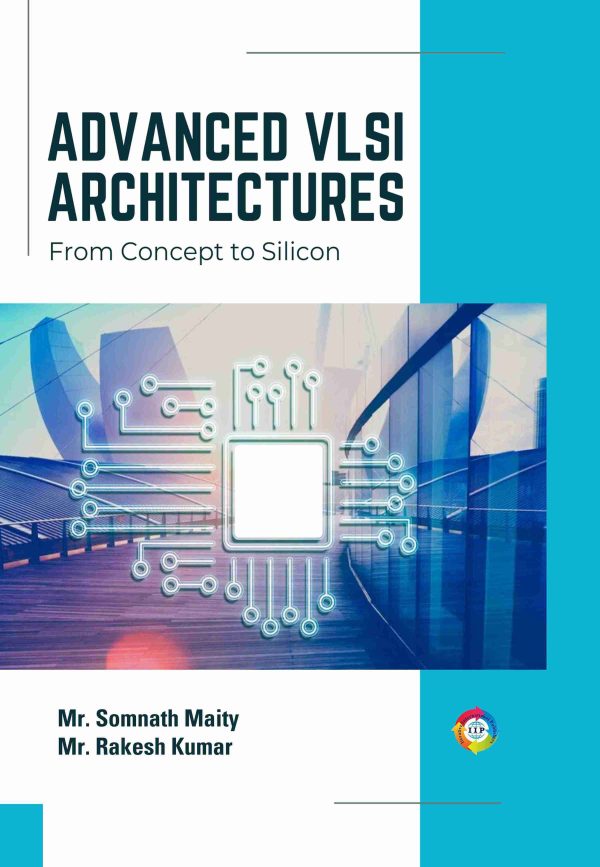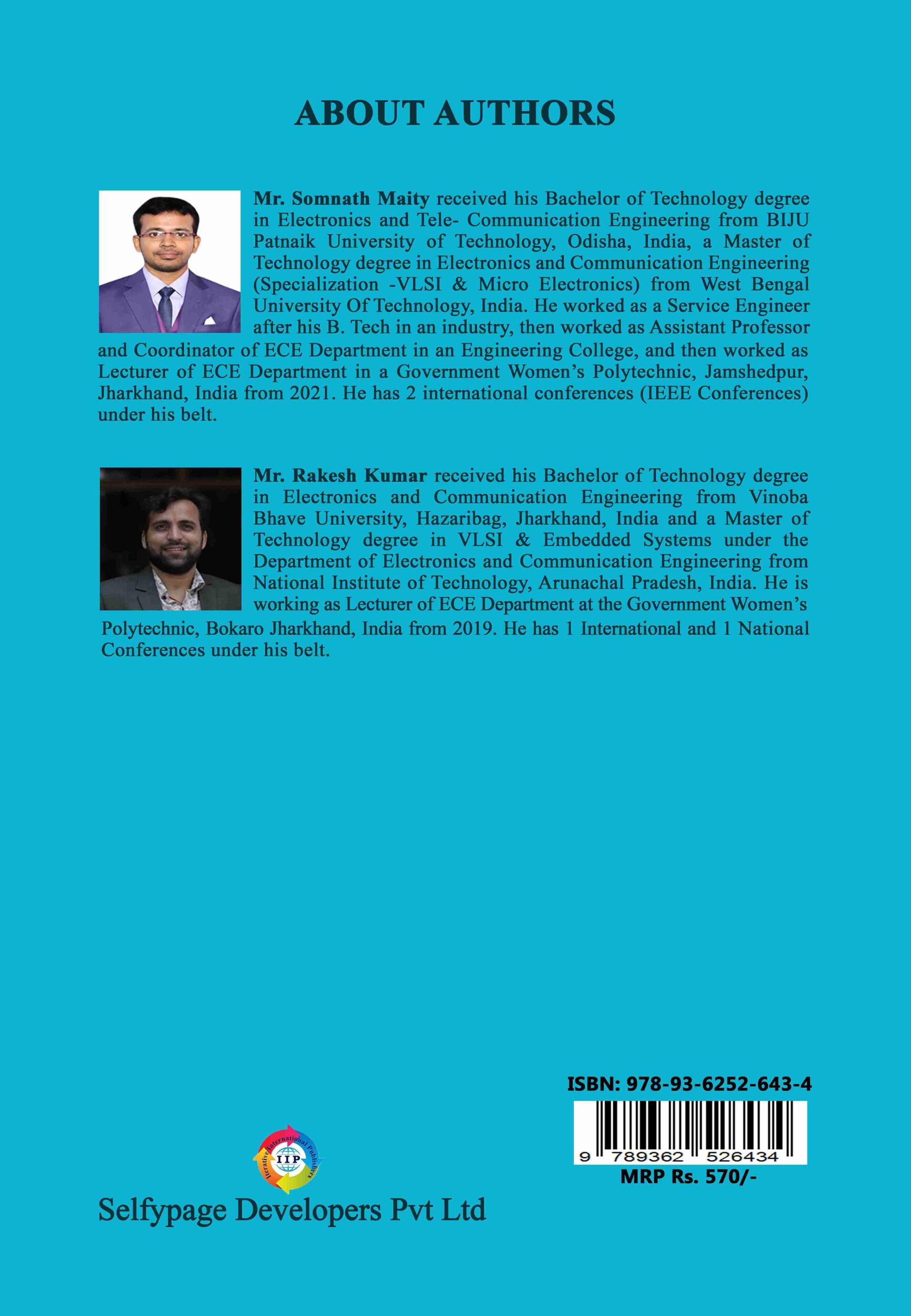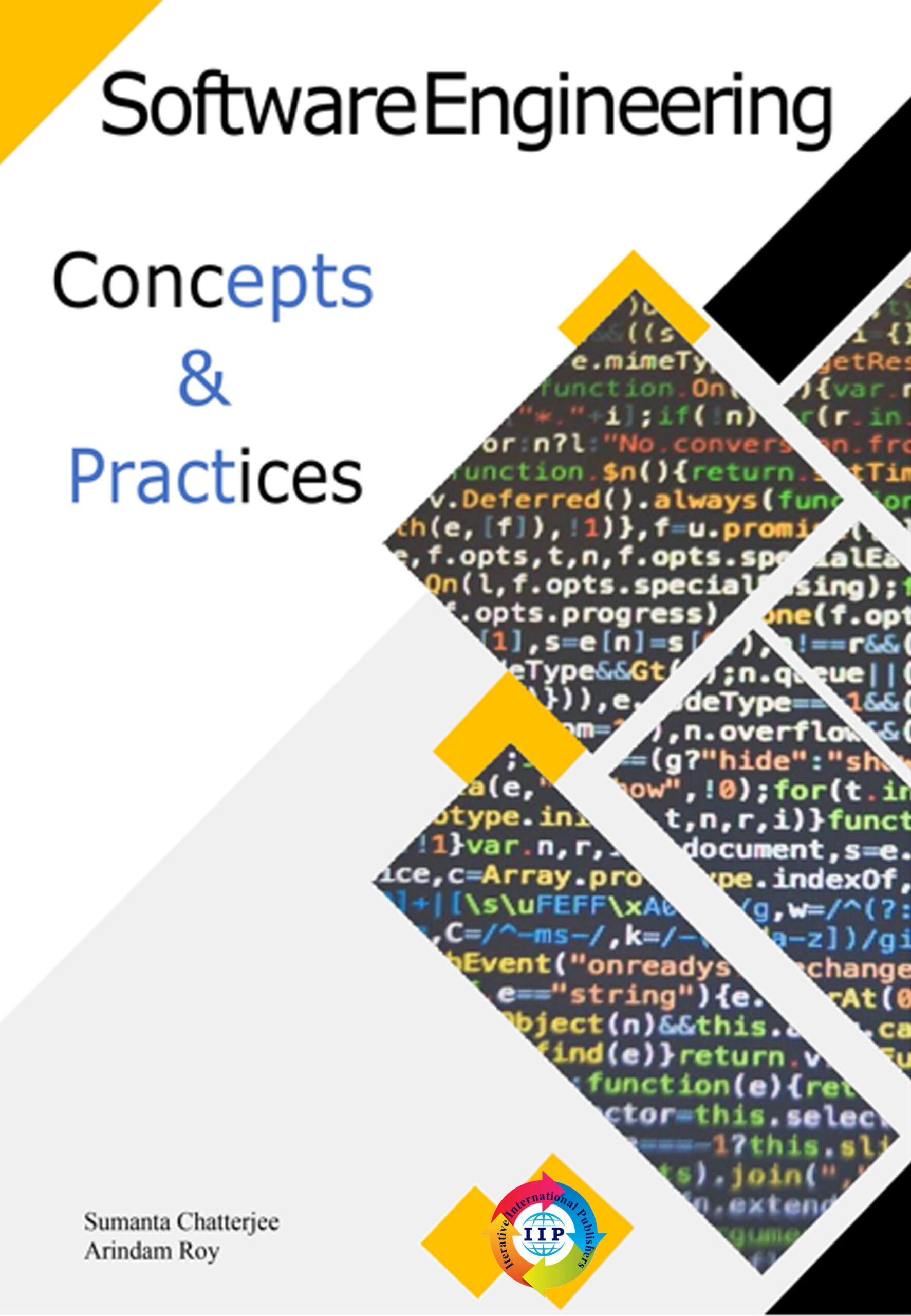The field of Very-Large-Scale Integration (VLSI) has undergone tremendous evolution since its inception, shaping the landscape of modern electronics and driving technological advancements across a multitude of applications. This book, Advanced VLSI Architectures: From Concept to Silicon provides a comprehensive exploration of VLSI design, encapsulating the principles, methodologies, and future directions in this dynamic field.
In the opening chapter, we trace the evolution of VLSI design, highlighting its profound impact on contemporary electronics. From the initial breakthroughs in semiconductor technology to the sophisticated design methodologies employed today, this book delves into the pivotal advancements that have redefined the industry. The importance of VLSI in modern electronics is underscored by its role in enabling complex systems and driving innovations in areas such as consumer electronics, telecommunications, and computing.
The subsequent chapters offer an in-depth examination of various facets of VLSI design. We begin with the basics of digital logic design, covering fundamental concepts such as Boolean algebra, logic gates, and circuit optimization techniques. The exploration of CMOS technology fundamentals follows, detailing the operation, fabrication, and scaling of CMOS transistors, as well as the challenges associated with power, performance, and reliability.
The book progresses to more advanced topics, including VLSI design methodologies, low power design strategies, and high-performance architectures. Special attention is given to digital signal processing (DSP) architectures, application-specific integrated circuits (ASICs), and field- programmable gate arrays (FPGAs), each of which plays a crucial role in contemporary VLSI systems. Memory design, analog and mixed-signal VLSI design, and verification methodologies are also thoroughly addressed, reflecting the multifaceted nature of modern VLSI engineering.
As we look towards the future, the final chapters of the book explore emerging technologies, such as 3D ICs, heterogeneous integration, and the integration of machine learning and AI in VLSI systems. The discussion extends to the societal and ethical implications of advanced VLSI technologies, providing a holistic perspective on the challenges and opportunities that lie ahead.










Reviews
There are no reviews yet.